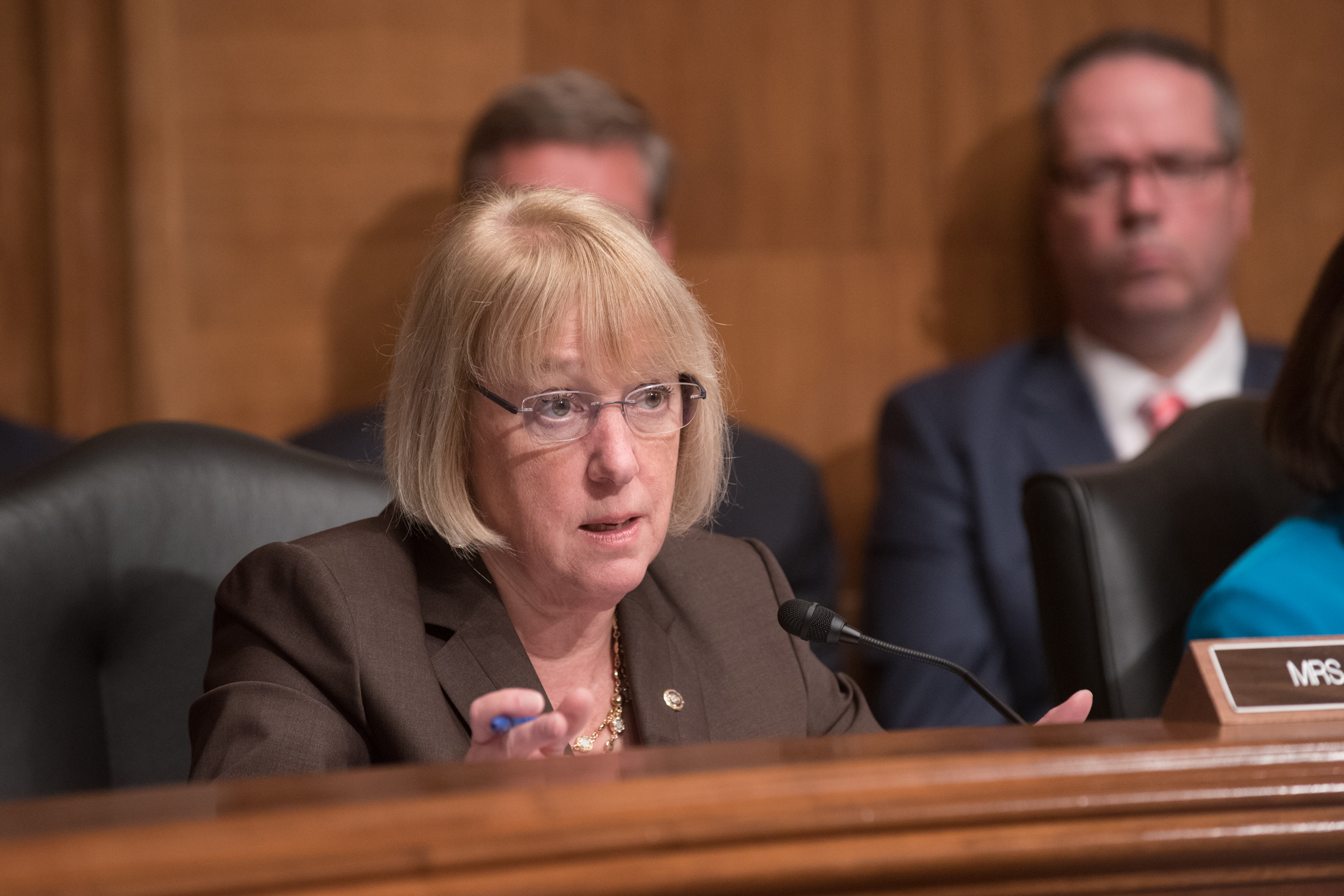Murray and Inslee state breach is not feasible at this time as more needs to be done to replace the benefits of the dams–particularly investments in clean energy
Murray and Inslee prioritize major salmon recovery projects that can be undertaken in the near term while other benefits of the dams are matched by medium and long-term regional investments
Murray and Inslee prioritize continued Tribal consultation as the Administration works with the entire region toward comprehensive salmon recovery solutions outside the courtroom
(Seattle, WA) – Today U.S. Senator Patty Murray issued the following statement on her and Governor Inslee’s findings and recommendations at the conclusion of their joint federal-state process.
Their joint findings and recommendations can be found HERE.
A final version of the independent report commissioned by the Senator and Governor was also released today and can be found HERE.
The independent report—along with months of public input, and discussion with stakeholders and Tribes—helped guide the Senator and Governor’s current recommendation.
“The Governor and I began this process, focused on salmon recovery, stating that all options should be taken into consideration, including the potential breaching of the Lower Four Snake River Dams.
“The Governor and I carefully considered research and studies on all sides of this issue: around salmon decline, the benefits provided by the dams, the cost of mitigating or replacing those benefits, and much more.
“We have also held months of discussions with all stakeholders—farmers, fisherman, local utilities, environmentalists, scientists, and many others—and engaged in rigorous consultation with regional Tribes in particular.
“However, it’s clear that breach is not an option right now—while many mitigation measures exist, many require further analysis or are not possible to implement in the near-term. Importantly, the Pacific Northwest cannot delay its decarbonization goals as we confront the climate crisis. Key infrastructure and energy investments must be in place before we can seriously consider breach. Still, specific salmon runs are struggling, and breach is an important option that could help save the salmon—and we cannot under any circumstances allow the extinction of salmon to come to pass.
“Therefore, it’s critical that Tribal, local, state, and federal entities immediately pursue interventions and implement policies that will protect salmon populations. In the coming years, local, state, and federal partners must work together to invest in the communities and industries that rely upon the dams—the onus should not be on the Tribes who have borne the brunt of salmon declines as a result of the dams being built.
“Furthermore, it should not be lost on anyone that breach would ultimately require Congressional authorization and strong bipartisan support—for that to become a credible option, the benefits of the dams must be sustained or mitigated.
“Sustaining or replacing the benefits of the dams will require several urgent undertakings: we need to do a lot more to transition to clean and renewable energy sources, we have to invest in the region’s infrastructure to lower the cost of shipping goods to market, and we have to invest in water infrastructure and irrigation to support our producers in the face of a worsening climate crisis.
“The passage of recent landmark federal investments in clean energy, climate, and infrastructure will help accelerate this work—but this will require collaboration at every level of government and the administration’s support. Finally, justice for the Tribes of the Pacific Northwest must be at the forefront of the environmental and economic agenda as we work toward salmon recovery—this will require an ongoing commitment and consistent consultation as regional investments are made.
“I want to thank the independent consultant team who put tremendous work into this process and the final report they released. As we work toward a shared regional goal to save our salmon—I look forward to partnering closely with Democrats and Republicans, with all stakeholders from every community, and with Tribes from across the Pacific Northwest.”
Governor Inslee’s statement on the joint Federal-State Process can be found HERE.
###


